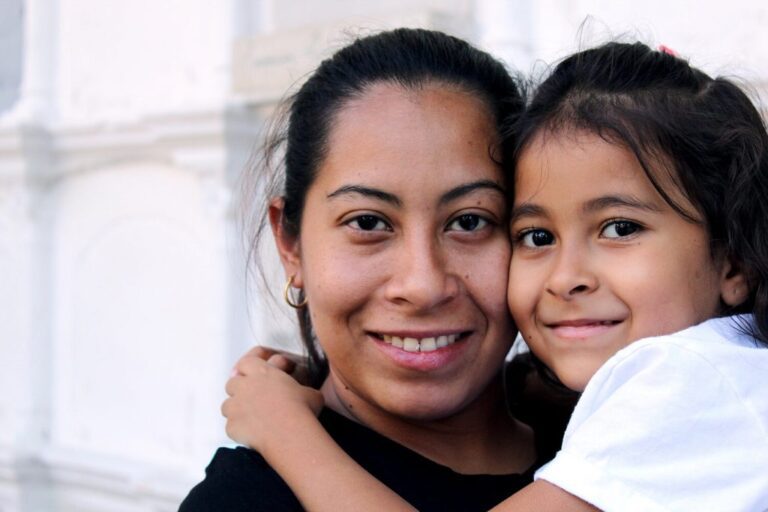From the Network: Collaborating for Two-Generation Results


What if a community college, a Head Start center, and a Methodist church worked together towards a common goal? The Women’s Fund of Greater Birmingham – a new member of the Ascend Network – is testing this question through the development of a new way to harness existing resources in order to strengthen the implementation of a two-generation approach in our community.
There are organizations in Birmingham who do a good job of empowering women and their families to move beyond poverty through financial literacy, permanent housing, and postsecondary education. There are also organizations committed to ending the cycle of generational poverty through quality early childhood development programs and school-age enrichment programs. And there are local funders who desire to see a marked decline in the poverty rates for women and their children.
These organizations share a common goal but have not collaborated intentionally around it. The Women’s Fund of Greater Birmingham’s initiative, Collaboration Institute, seeks to align these services, funding sources, and goals for greater two-generation impact throughout Birmingham.
Collaboration Institute, which began in June 2013, is a nine-month curriculum designed to promote collaborative programming among area organizations through both financial and intellectual resources. Five teams were selected to complete the Institute. The incentive? Upon completion, the top two most promising collaborations received $25,000 and a one-year intern to support implementation..
On February 28, 2014 all five teams came together to share their imaginative proposals with each other and a room full of other organizations and potential funders. At the end of the day, two collaborative proposals rose above the (very strong) rest:
· A new partnership between Habitat for Humanity and United Way of Central Alabama received the Vulcan Materials and Community Foundation of Greater Birmingham Community Collaboration Award for their new program “Permanent Address.” Recognizing that stable housing is one of the top barriers to both women’s and children’s educational and economic success, this program will provide permanent housing for 51 percent more families than either agency can alone.
· The Blue Cross/Blue Shield of Alabama Collaboration in Healthcare Award went to a new partnership among Jefferson State Community College, St. Clair Head Start, Pell City United Methodist Church, and the Alabama Career Center for their program that moves a cohort of single mothers through a pharmacy technician certification program and into job placement while their children attend Head Start child development programs. The mothers attend classes at the Head Start facility just down the hall from their children’s classrooms.
Collaboration Institute is growing. The University of Alabama at Birmingham has just joined as an official academic partner to provide formal program evaluation of the two funded proposals, and a recent grant from Alabama Power, Co. is going to provide financial resources for the remaining teams to run pilots of their proposed programs.
What started as a two-generation funding competition has truly turned into a multi-sector learning community committed to a common goal: empower women and their children to move beyond poverty by providing opportunities for mother and child simultaneously.
Related Posts





